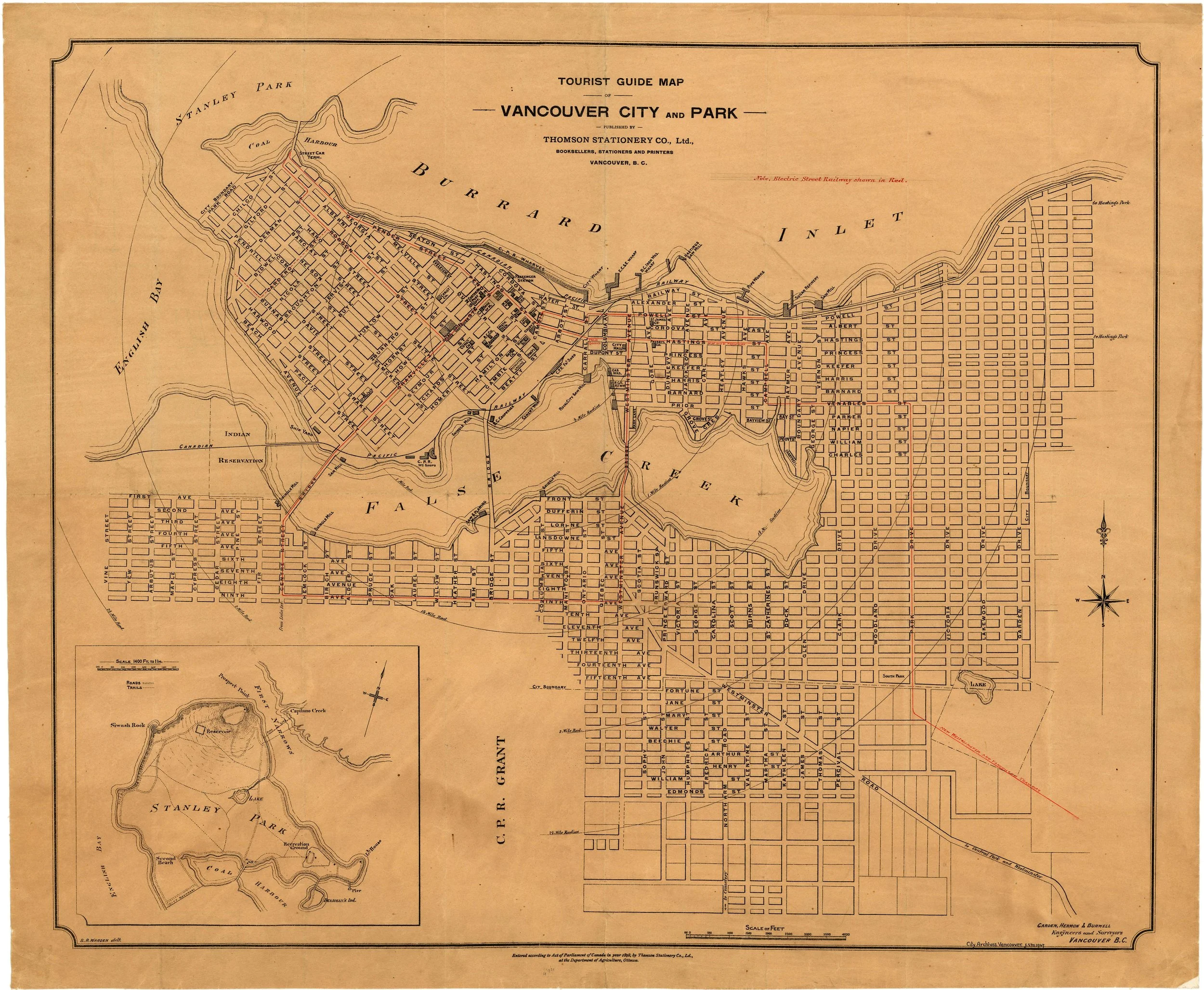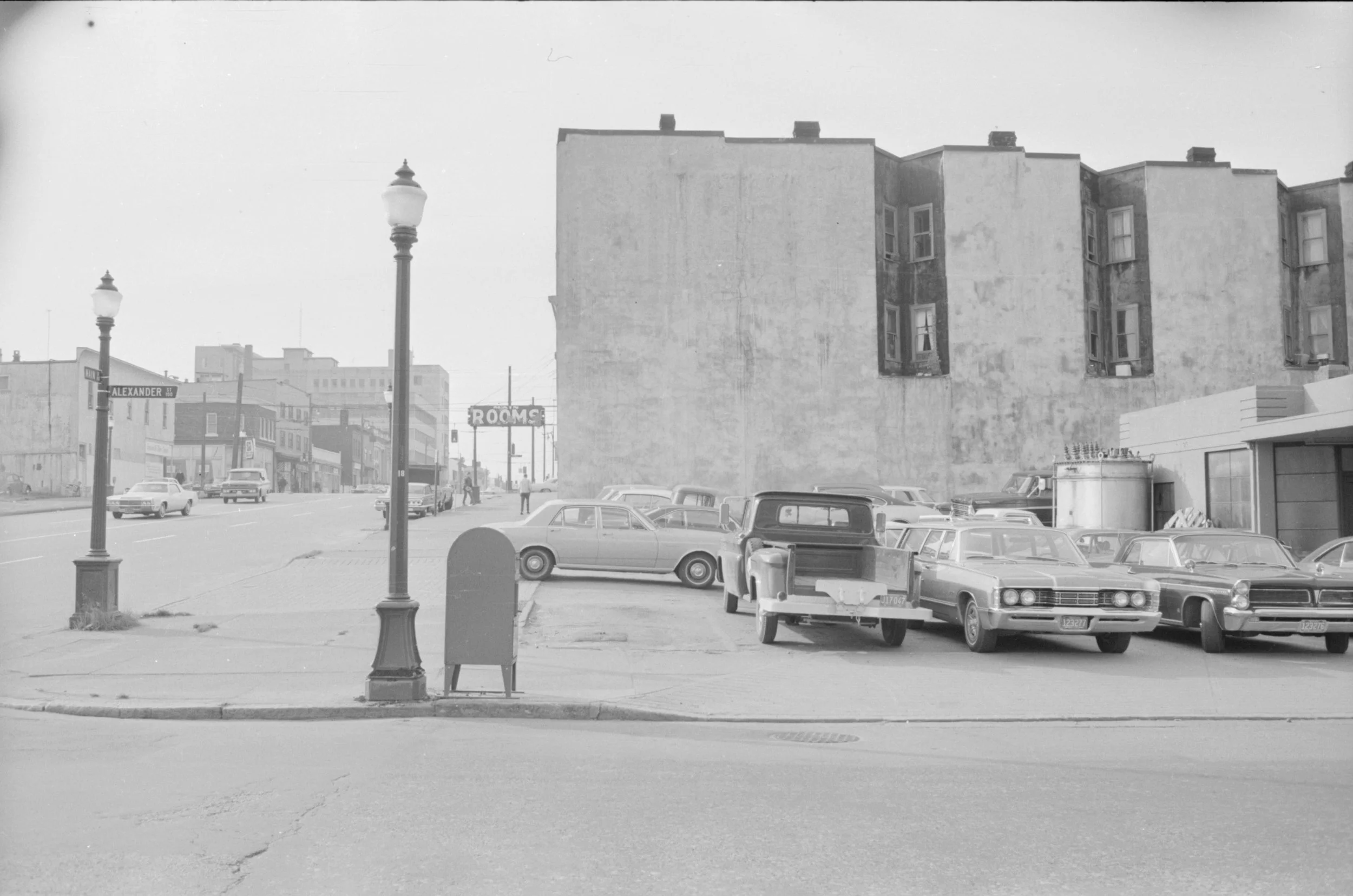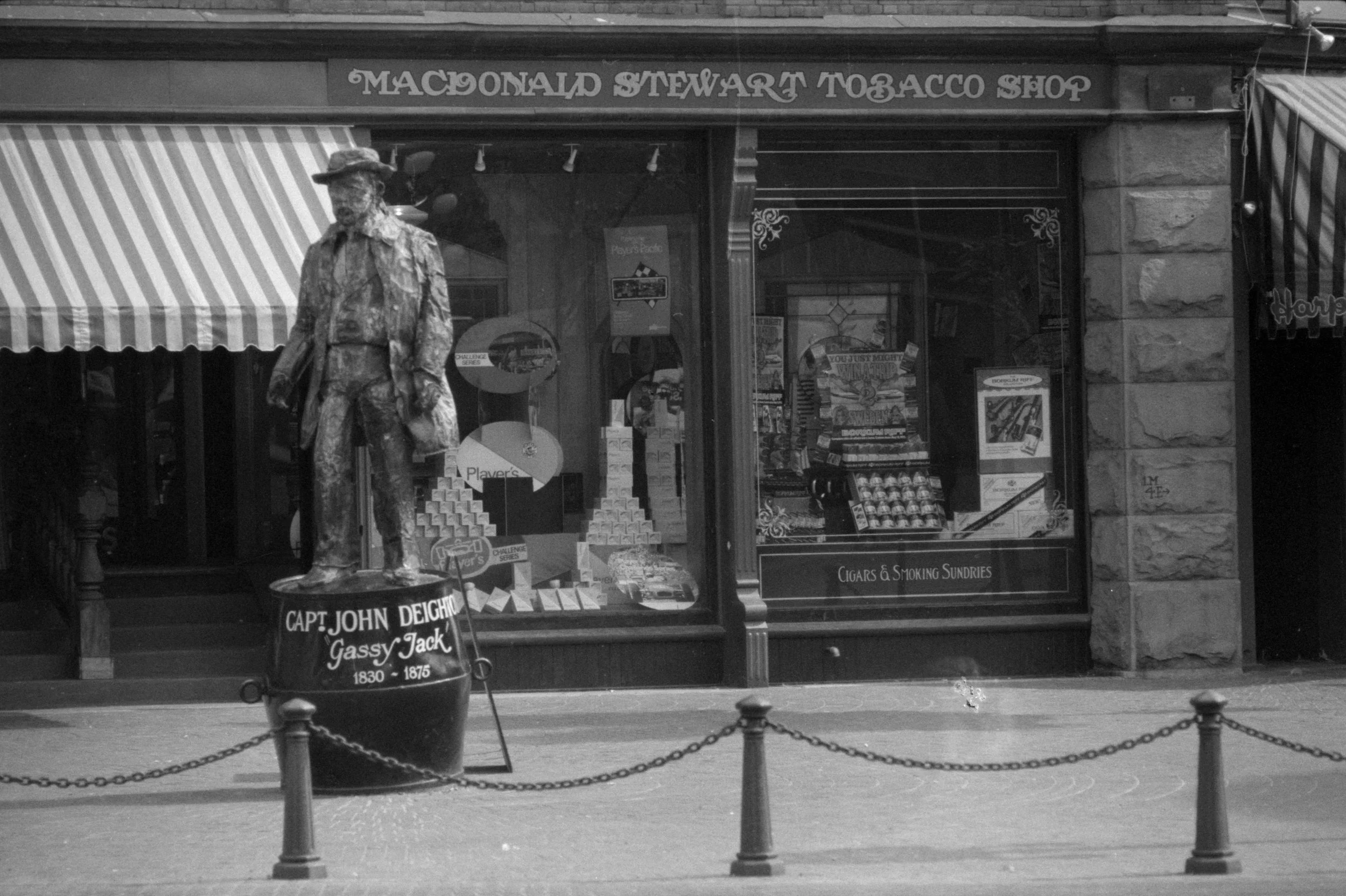Alexander Street Movie

These are not our stories.
This is not our land.
Our documentary is a journey, an exploration, and a testament to the people that have made Alexander Street what is it today, what it can still become and, we hope, an indication of what people can do when they work together, through conflict , controversy, and change to find community and hope.
This place is the unceded and ancestral territory of the hən̓q̓əmin̓əm̓ and Sḵwx̱wú7mesh speaking peoples, the xʷməθkʷəy̓əm (Musqueam), Sḵwx̱wú7mesh (Squamish), and səlilwətaɬ (Tsleil-Waututh) Nations, and has been stewarded by them since time immemorial.
Alexander Street and all of Vancouver is located on territory that was never ceded, or given up to the Crown by the Musqueam, Squamish, or Tsleil-Waututh peoples. The term unceded acknowledges the dispossession of the land and the inherent rights that Musqueam, Squamish and Tsleil-Waututh hold to the territory. The term serves as a reminder that Musqueam, Squamish and Tsleil-Waututh have never left their territories and will always retain their jurisdiction and relationships with the territory.
The stories of Alexander Street are inherently and inextricably tied to and interwoven with Indigenous history. We hope, therefore, that through collaboration based on mutual respect, all of the stories of all of the people are told accurately and appropriately, with respect and careful consideration. As the creators of this documentary, we are keenly aware that these are not our stories and that this is not our land. We hope to facilitate the storytelling.

From its Indigenous roots through colonial industry, multicultural settlement, waves of social upheaval, and modern redevelopment, Alexander Street is more than just a location—it's a living document of resistance, resilience, and renewal. This film weaves interviews from residents, business owners, historians, and social workers with rare archival footage and contemporary cinematography. Through these voices, we witness the street's evolution and are challenged to reimagine what community means in today's cities.
Alexander Street: 8 blocks of Controversy, Conflict, Community, Change, & Hope is the story of Alexander Street in the 150 years since mill workers first used it to reach Gassy Jack’s Globe Saloon. The street has always reflected diversity, housing first an Indigenous encampment, and later a residential area, industrial zone, Gastown, Japantown, a ‘red light district’, and more. The backdrop to great change, it has seen historic buildings transformed into condos near support shelters. What was once the site of St. James Church is currently a craft brew pub. A former rooming house for Japanese immigrants now offers transgender housing, and stark, cold storage facilities have blossomed into artists’ studios. This list goes on. Alexander Street has been, is, and always will be an example of changing times, changing people and places, and changing wants and needs. It is a model of how people can collaborate, share histories, experiences, and challenges, to build a future together.
Our Alexander Street documentary explores the evolution of this diverse community. Originally home to Indigenous people, the area expanded as mill workers and settlers moved in. Industry grew; Japantown formed. It remains a mix—people living in tents on the streets and in local parks; low-income SROs set against high-end condominiums. Support shelters and remnants of traditional port industry are interspersed with chic boutiques, bistros and art galleries. It is Vancouver’s most varied, mixed, and complex neighbourhood. Each segment of the community has a unique story; sometimes they co-exist, sometimes they conflict.
We live on Alexander and interact in the community every day. Our film is about the diversity on Alexander Street that has pitted people against people while also bringing people together to lead us into the next change. Sharing its eclectic stories allows us to demonstrate mutual respect, tolerance, and compassion for the city-wide social struggles concentrated here. To showcase a vast range of voices we are interviewing people in as many community segments as possible—Indigenous People, Japanese Elders, traditional iron workers, unhoused individuals, substance users and survivors, business owners and workers, artists, musicians, and more.
We believe that through this documentary we can learn from each other to celebrate our individual and collective differences. By sharing our history, pooling our strengths and examining our needs we can build on the exceptional foundation that has helped us survive for a century and a half. This is a story about the history of the people living here told by the people shaping its next chapter. Alexander Street is a beacon of community, signaling hope for the locals and for all of Vancouver, British Columbia, Canada, and the world.

